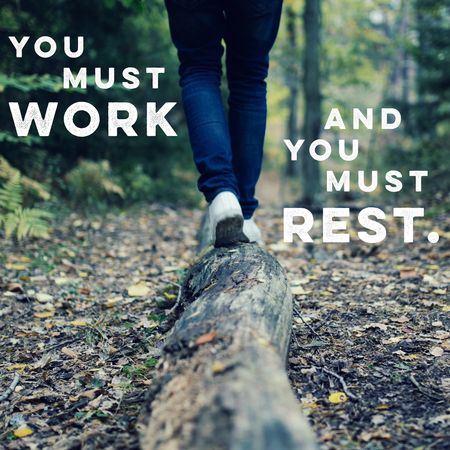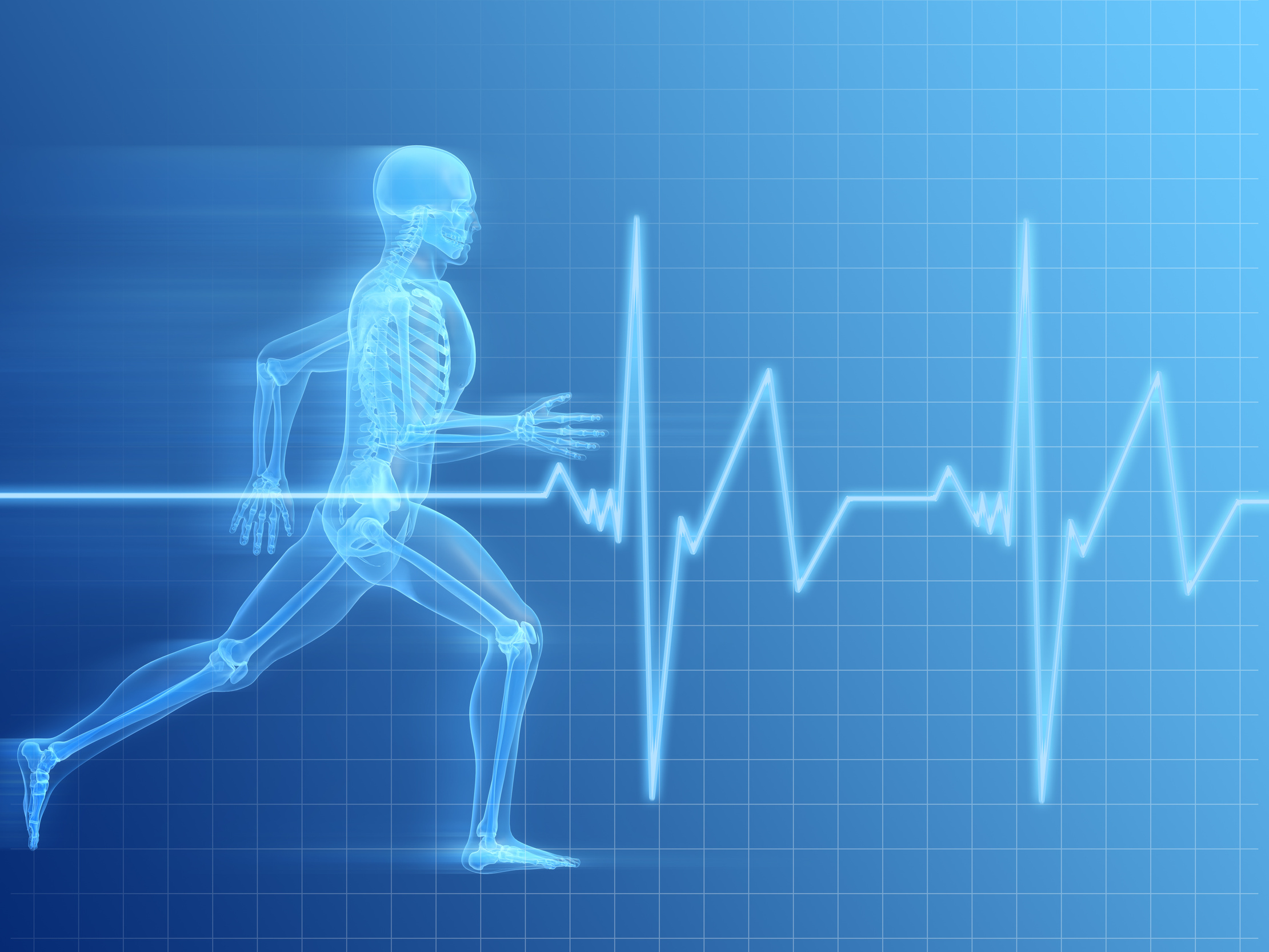
Different habits of a person, reflecting his lifestyle, constitute a complex system of conditioned reflexes, which Russian biologist Pavlov called a dynamic stereotype. For example, the habit to be awake during the day, and to rest at night is connected with the fact that at night the activity of our body, switching to sleep, noticeably decreases:
- lower pulse rate;
- lower body temperature;
- slower blood circulation.
The strength of such a dynamic stereotype throughout the day is also due to the fact that man and all living beings on our planet have adapted to the astronomical rhythm of life. It is associated with the movement of the Earth and the Sun, with the change of day and night, temperature and humidity, as well as with other external factors determining the daily biological rhythm.
The sleep also requires a special level of organization, starting from the right furniture and mattress, to the daily ration.
Even the interior of the bedroom has the influence over the healthy human sleep.
Kate Brut, Interior Designer at nyfurnitureoutlets.com
But the word “dynamic” itself means that this stereotype can be restructured to some extent. Everyone experienced how much the body’s nervous system is capable of changing under the influence of the external environment.
Most people, when there is a need to adhere to another, an unusual regimen of work and rest, are able to develop a new dynamic stereotype, a new rhythm of activity. That is why we get used to work in shifts.
And yet, the reserves of the body are not unlimited – there are drops in our productivity, when there is a feeling of fatigue or some painful condition. The latter often occurs with poor organization of work and rest.
They get tired and exhausted not so much because they work a lot, but because work is poorly organized.
Phases of human activity

Considering this problem, physiologists have established: the level of efficiency throughout the day varies and has three phases.
The first phase – the period of workability – lasts for half an hour from the start of work. At this time, the functions of the body are adjusted to the work performed, the coordination of movements gradually improves, the optimal level of respiration and blood circulation is established.
The coordination of the activities of all body systems with labor processes contributes to the fact that a person works easily, both from a physiological and economic point of view. That is why it is important that from the very beginning work was well organized, excluding various distractions and switching of attention.
The process of workability can be accelerated by introductory gymnastics. This is especially useful for those who work in the morning.
The next phase – the state of sustainable activity – is held for 2-3 hours depending on the nature of the activity.
Then gradually a feeling of fatigue appears, productivity decreases, attention dissipates.
After the break, entry into work is faster. But the second period – a steady working condition – is shorter than the pre-dinner. Continuing work on the background of developing fatigue gradually increases the capabilities of our body, its fitness. And we should be able to push aside the moment of extreme forms of fatigue as far as possible. Therefore, it is recommended for those who work in the evening or at night to have a ten-minute break 1.5–2 hours before the end of work.
Power mode. When you work in shifts, power mode is important. For example, breakfast for those working in the morning and evening shifts should be dense, preferably two courses. In the morning shift at lunchtime, you need to eat hot, but it is desirable that this second breakfast was easy.
A hearty lunch at 11–12 o’clock in the afternoon causes drowsiness and decreases performance. Therefore, it is better to postpone it for 15-16 hours. If you work in the evening shift, have lunch for an hour and a half before it starts, and after the end, we recommend a light dinner so that normal sleep is not disturbed.
Dine before night shift for about an hour and a half. And in the middle of work, in 3-4 hours, even if there is no appetite, be sure to eat something dairy or fish. Night dinner stimulates the metabolic process, improves health, and, moreover, in the morning in this case, the person does not have a strong feeling of hunger. A hearty breakfast can upset your sleep.
By the way, working on the night schedule we recommend a fractional sleep, that is, immediately after coming back from work and before going on a shift.
Human health depends largely on the conditions in which he works. Work should bring a sense of joy. Mr. Heine wrote that a person not engaged in business can never enjoy complete happiness.
At one time it was believed that a person is aging because the body wears out from work. But this point of view contradicted even everyday observations. After all, it is well known that lazy people do not live long. The main feature of a living organism is the constant self-renewal, which runs more fully at work. Among physicians there is even an expression: the work builds the body. Now it is proved that it is the daily work that increases the vitality of the human body, slows its aging.
Successful activity, regardless of its intensity, leaves almost no such scars. On the contrary, it causes a joyful sensation of youthful cheerfulness even at a very old age.
People who have achieved greater success than others, and intensively working in almost any sphere of human activity, often live to a very old age.
Everyone can live happily ever after, while he likes his work and he succeeds enough in it. A carpenter who has made a good table can, just like an artist, feel satisfaction and a sense of accomplishment.
Avoiding work, a person deprives himself of the joy of creativity and satisfaction from the results of their activities.

